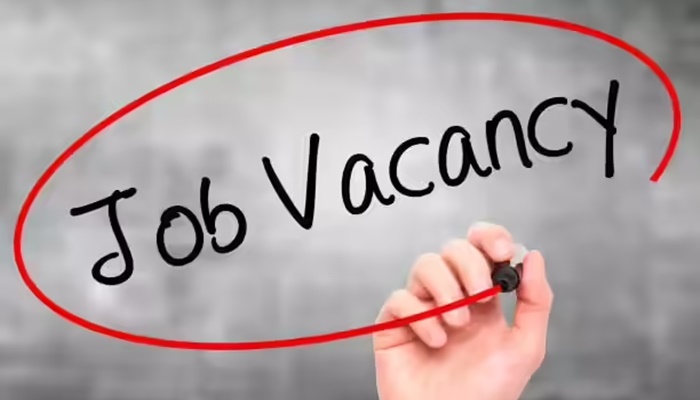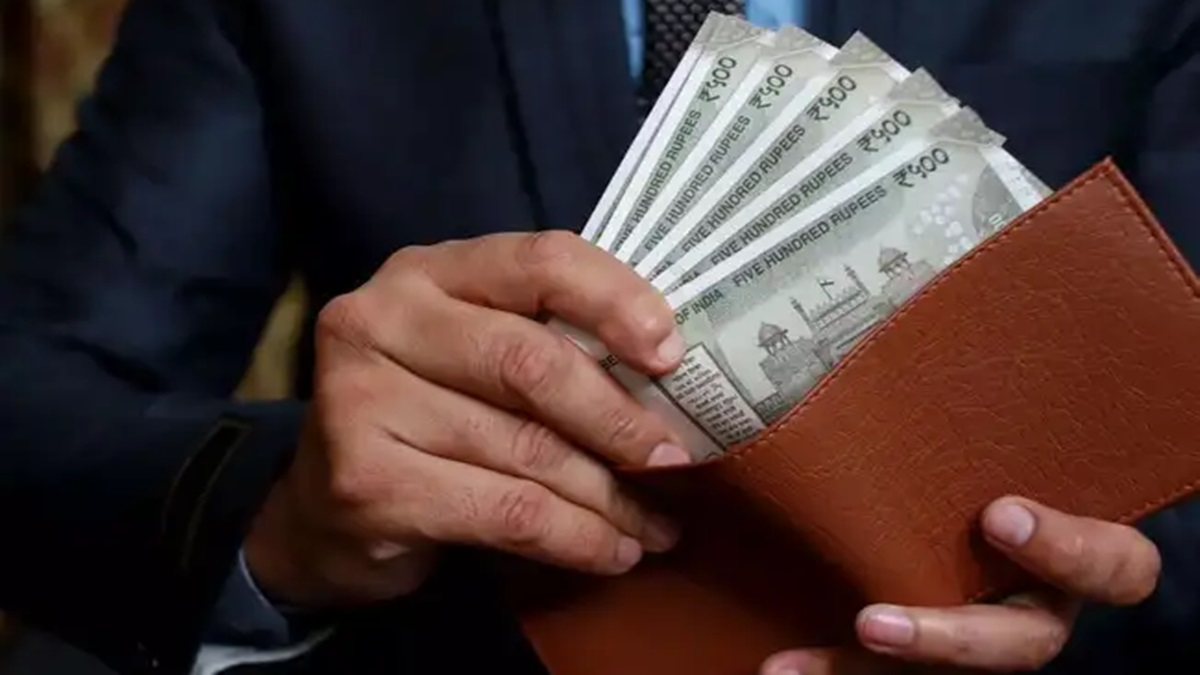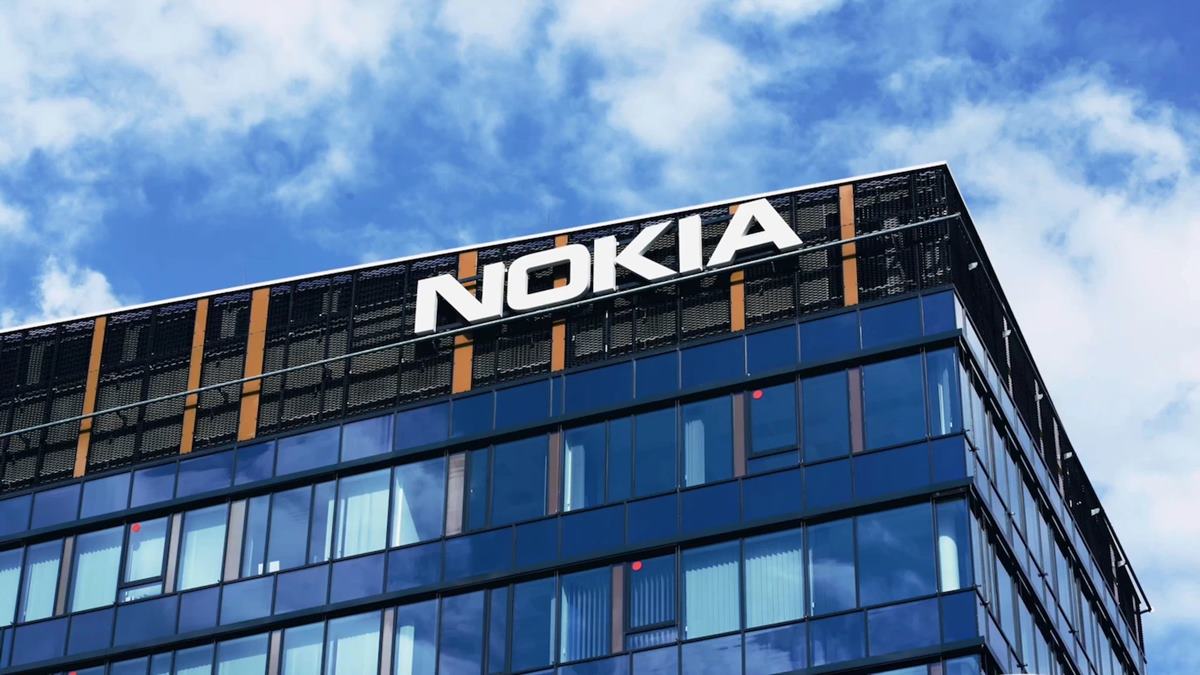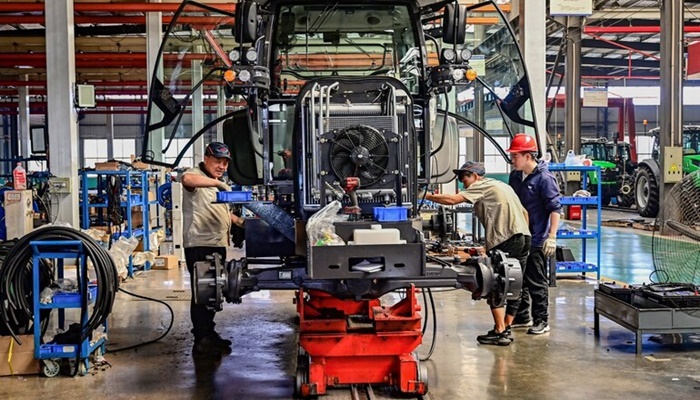US President Donald Trump’s revived trade war with China is hitting its most vulnerable sector: manufacturing jobs. In his first term, Trump claimed his tariffs had cost China five million jobs. Today, as Washington and Beijing negotiate new tariff terms, the pressure on China’s labour market has intensified, with economic recovery still lagging post-pandemic, The New York Times reported.
A fragile job market under strain
China’s economy is no longer growing at the robust 6% rate it enjoyed during Trump’s earlier presidency. The government targets around 5% growth this year, but many economists expect the actual number will be lower. With the property sector still in crisis and industries like tech and education constrained by government crackdowns, fewer employment opportunities are available.
Youth unemployment remains persistently high, hitting 15.8% in April and expected to rise further as 12 million college graduates enter the workforce this year. Even those with jobs face insecurity, as full-time roles give way to lower-paying gig work with fewer protections. Meanwhile, export orders have already declined, with April’s figures the worst since 2022, adding further stress to factory owners and workers.
Manufacturing jobs hang in the balance
The Chinese government is particularly concerned about its 100 million manufacturing jobs, now under threat. According to analysts at Natixis, if current 30% tariffs remain, China could lose as many as six million factory jobs. If the trade war returns in full, that number could jump to nine million. Even temporary relief via a tariff truce this month came too late for many. In Guangzhou, the centre of China’s garment industry, some factories had already closed due to falling foreign orders, leading to job cuts.
Individual workers are already feeling the fallout. Jane Hu, 33, lost her job in Shanghai after her employer couldn’t afford import tariffs on US machinery. Despite her experience, she’s found few new job prospects and now drives occasionally for ride-hailing services to make ends meet. The stigma of being “old and expensive” in a youth-focused market adds to her challenges.
Beijing’s limited tools and the high cost of layoffs
To maintain social stability, the Chinese government is pushing measures to preserve jobs and promote entrepreneurship, particularly in export sectors. Officials are urging factory owners to avoid mass layoffs or carry them out quietly. Labor laws require firms to pay compensation for each year of employment, a cost that has led some factory owners to disappear rather than comply.
Beyond manufacturing, other sectors have failed to rebound. Employment activity in services and other non-manufacturing areas has contracted for more than two years, with few signs of recovery. College graduates, especially those in finance and accounting, are finding the job market brutally competitive.
Trade war endurance and political calculus
While the US also faces risks—such as inflation and supply chain issues—experts say China may be better equipped politically to weather economic pain. Beijing’s ability to suppress public discontent gives it greater “trade war endurance” than Washington, where empty store shelves could spark political backlash.
But on the ground, the damage is mounting. Laura Wang, a 23-year-old graduate student in Chongqing, says most of her classmates are struggling to find jobs. “For fresh graduates with no experience like me,” she says, “the impact is even greater.”
As both nations weigh their next moves, China’s workforce remains a central battleground—and the human cost of renewed tariffs is already being felt.




















